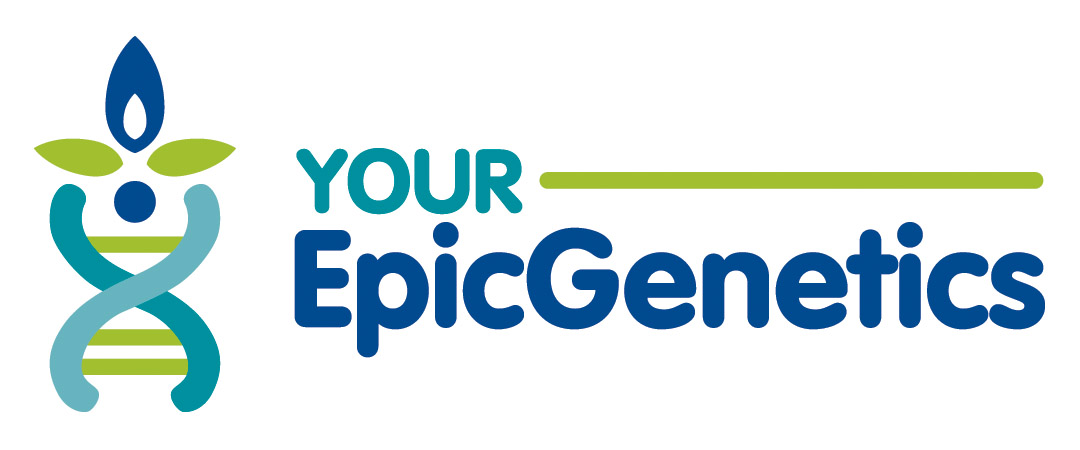I am inspired by those who are choosing to make this new year different than any before! Instead of seeing social media posts about the lofty (and sometimes unrealistic) New Year’s resolution that often leaves one deprived and primed for failure, I’m seeing posts about living an intentional, purposeful, and mindful year! Friends are choosing one powerful and personal word to be their mantra for the year, and sharing their chosen word on social media. This word embodies how that person intends to define their year. Beautiful, powerful words, such as self-love, truth-seeking, care, joy, hope, kindness and abundance are steering the course for 2021! After closing out a challenging year, these words are a welcome breath of fresh air. These words also coincide nicely with the shift toward prioritizing self-care.
The importance of prioritizing self-care has certainly been in the spotlight recently. However, it’s more than just a trendy phrase. Simply, it’s defined as prioritizing one’s own physical and mental health. It requires turning inward to uncover the things that bring happiness and joy, and ensuring we do more of those things!
In the spirit of embracing this perspective, instead of creating a rigid list of foods or activities you’re swearing off, I propose that you consider creating a list you can draw upon whenever you’d like to revitalize your commitment to self-love and self-care. Begin this self-care list by taking inventory of all of the things that bring you joy. This list may include people, places, actives, hobbies, and perhaps even smells and tastes! Know that this list is ever-evolving, so remain flexible and update it as needed.
To help you succeed at this ongoing self-care practice, I’ve created a list of foods you can draw on to incorporate as part of your self-care practice.
Foods to help you focus:
Wild-Caught Salmon (and other fatty fish) — Many researchers consider DHA to be the most important fat found in the human brain, and the unusual concentration of this omega-3 fatty acid in salmon helps explain the research-documented benefits of salmon including better brain function, better overall cell function, and improved control of the body’s inflammatory processes (1).
Organic Strawberries — The strong antioxidant and anti-inflammatory benefits provided by strawberries have proven to improve brain function. Certain research studies have shown the connection between strawberry consumption and new nerve generation in the hippocampus, which is often involved in the learning and recall of new information (2)!
Ceylon Cinnamon — Just smelling the wonderful aroma of this sweet spice boosts brain activity! Purchase Ceylon cinnamon in its powder or dried-stick form, or as a high-quality essential oil to diffuse in your home office.
Other suggested foods for focus include avocado, blueberries, oranges, walnuts, and green tea.
Foods to decrease stress and tension:
Turmeric — Prized for its anti-inflammatory and antioxidant properties, recent studies have shown the spice plays an active role in treating various central nervous system disorders as well as offering a protective action against stress (3). Turmeric can be utilized either fresh or dried and is easily incorporated into many types of cuisines.
Eggs (and other proteins) — Incorporating high-quality, pasture-raised and organic, protein, like eggs, is key to supporting your body through stress as it will fuel your system from a cellular level, allowing your body will return to balance. Eggs are also an excellent source of choline, a nutrient that has been shown to play an important role in brain health and may protect against stress (4).
Leafy greens — Leafy greens, including spinach, kale, and chard, all contain choline as well, which as mentioned above, play an important role in managing and reducing stress in the body. Additionally, the antioxidant richness found in leafy greens is helpful in the reduction of oxidative stress.
Other suggested foods to support reduced stress and tension include broccoli, parsley, organ meats, sweet potatoes, and yes, water.
Foods to soothe and relax you:
Walnuts — A fascinating aspect of walnuts and their potential health benefits involves their naturally occurring melatonin. Melatonin is a widely-active messaging molecule in our nervous system and is critical in the regulation of sleep, daily (circadian) rhythms, light-dark adjustment, and other processes (5). A handful of walnuts may help with support relaxation and sleep.
Chamomile — Chamomile is best known for its wonderful calming action and is used to ease tension and stress, emotional upset, nervousness, and insomnia (6). Purchasing dried, organic flowers in bulk is an easy and affordable way to always have chamomile on hand to be utilized as a tea, compress, or a lovely addition to your bath. Organic chamomile tea bags are widely available, and are an easy way to incorporate a calming beverage into your evening.
Bananas — Bananas are an excellent source of magnesium, an important mineral that relaxes your muscles and activates your parasympathetic nervous system that regulates “rest and digest”.
Other suggested foods to soothe and relax include honey, nuts, seeds, and eggs.
Foods to energize you:
Organic Coffee or Green Tea — Both beverages naturally contain caffeine that stimulates the brain and central nervous system, helping you stay alert and energized. If coffee makes you too jittery, swap your afternoon pick me up for green tea.
Cacao — Cacao is a superfood that will boost your energy! It comes in many different forms, including powder and nibs, and can be added to smoothies, yogurt, or oatmeal.
Organic Apples — Due to its comprehensive macronutrient and micronutrient profile, this fruit provides a burst of energy in the form of carbohydrates and natural sugars, while also stabilizing blood sugar.
Other suggested energy foods include pineapple and dark chocolate.
Here’s to a new year where we swap the complicated resolutions for clear intentions and fuel our bodies with foods that support our goals! Wishing you only health, happiness, and joy for 2021.
Oh yes- My word for 2021? Courage. What word will you choose?
Connect With Me and Next Steps
Stay connected, and receive your 5-Day Immune Support Meal Plan with Recipes, as my gift to you.
Feeling fatigued during the day? Overwhelmed and feeling anxious? Digestive issues, acne, or desiring a more balanced mood? Ready to take action? Schedule your Get Back on Track Session now.
xo Neeley at Your Epic Genetics
This information is being provided to you for educational and informational purposes only. It is being provided to you to educate you about healthy eating and living and as a self-help tool for your own use. It is not medical or psychological advice. This information is to be used at your own risk based on your own judgment.
For my full Disclaimer, please go to https://yourepicgenetics.com/index.php/disclaimer/
SOURCES
- “Salmon.” The World’s Healthiest Foods, http://www.whfoods.com/genpage.php?tname=foodspice&dbid=104.
- “Strawberries.” The World’s Healthiest Foods, http://www.whfoods.com/genpage.php?tname=foodspice&dbid=32.
- Kulkarni, S K, and A Dhir. “An Overview of Curcumin in Neurological Disorders.” Indian Journal of Pharmaceutical Sciences, Medknow Publications, Mar. 2010, www.ncbi.nlm.nih.gov/pmc/articles/PMC2929771/.
- Glenn, Melissa J, et al. “Supplemental Dietary Choline during Development Exerts Antidepressant-like Effects in Adult Female Rats.” Brain Research, U.S. National Library of Medicine, 14 Mar. 2012, www.ncbi.nlm.nih.gov/pmc/articles/PMC3327365/.
- “Walnuts.” The World’s Healthiest Foods, http://www.whfoods.com/genpage.php?tname=foodspice&dbid=99#healthbenefits.
- Justis, Posted By Angela. “A Family Herb: Chamomile Flower.” Herbal Academy, 25 Jan. 2018, theherbalacademy.com/a-family-herb-chamomile-flower/.


Recent Comments